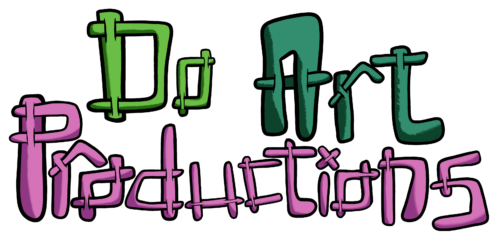I’m only part way kidding here.
You may be wondering how my juggling practice has been going. It’s a lot to explain, so I’ll just share a recent video here. What began as a simple desire to “juggle,” that is, to sustain what jugglers call the “cascade pattern,” has slowly evolved into a desire to constantly make progress, to push myself beyond the boundaries of what I could do yesterday. To seek out the moments when I mess up and get frustrated.

Learning is often defined by the “ah HA” moment–the breakthrough, the lightbulb that goes on over your head when you understand something. This feeling is opposed to feelings of frustration and futility–thinking that we’ll never get it, whether a concept in math class or a physical skill like shooting a basketball. It feels like these two feelings are irreconcilable opposites, like light and dark, up and down–that one is always fighting the other. If frustration wins, well, we’ll give up completely.
So we hedge. We avoid doing things that we don’t think we’re “good at” naturally. We look for excuses in our backgrounds, and push untried skills into the background of our busy lives. We take pleasure in the things we’re “good” at, and try to ignore the nagging voice that tells us that we could do more.
But the reality is that frustration is our best friend! I’m talking about that spike of adrenaline and cortisol when we fall short, that moment of anger when it feels like we just can’t. What really happens here, though, is that our brain feels that anger and irritation as motivation to learn, to change itself in response to our practice, to make itself better at doing what we want to get better at. Then, when we put aside what we were trying to learn, when we rest, our brain weaves new connections between neurons, changing its structure to better adapt to its environment–in other words, learning.
And what makes us special as human beings is that we can manage this feeling, create structures of practice and training that allow us to get frustrated, to rest, and then to feel the result–the sudden moment when what felt impossible or incomprehensible yesterday suddenly feels natural.
An activity like juggling–a fairly sophisticated act of physical dexterity that can be learned within a few months–beautifully illustrates this process. You begin from nothing–to naive even to be properly frustrated. You gather tips along the way. Your practice begins with something small, like 18 minutes a day–long enough to feel the frustration in a managed way, and then set it aside. And eventually, if you persist, you get to feel that “ah ha” moment, that glimmer of possibility.
You can change your brain for the better! Whether juggling, or drawing, or writing, or music, take this as a challenge to go our there–TODAY–and try to learn something that brings you closer to the person you want to be. Juggling worked for me, but there are so many things to learn out there, and only you have access to the unique thoughts and feelings that will motivate you to get better at being yourself.
What do you want to learn? Reach out to us and let us know!


